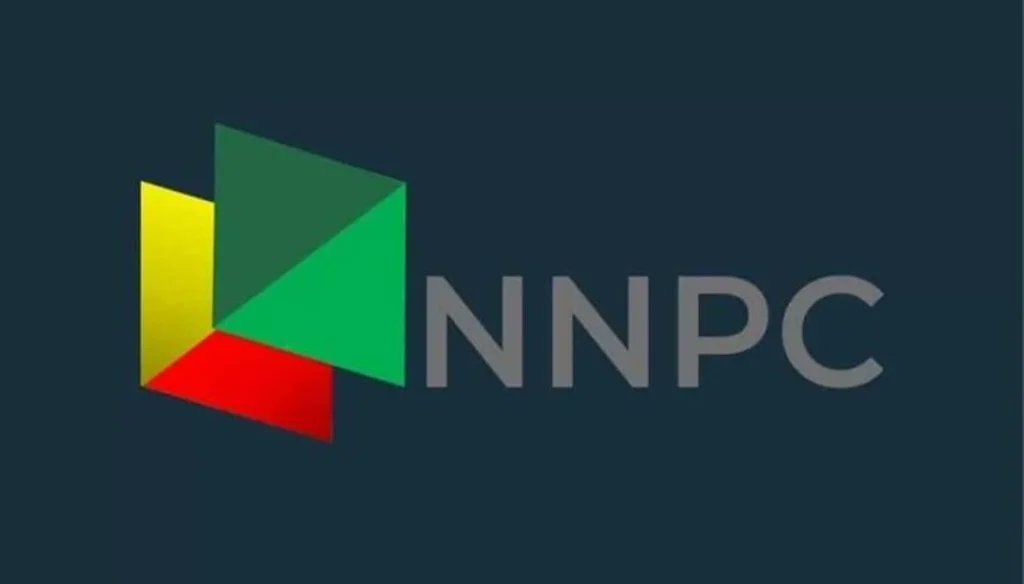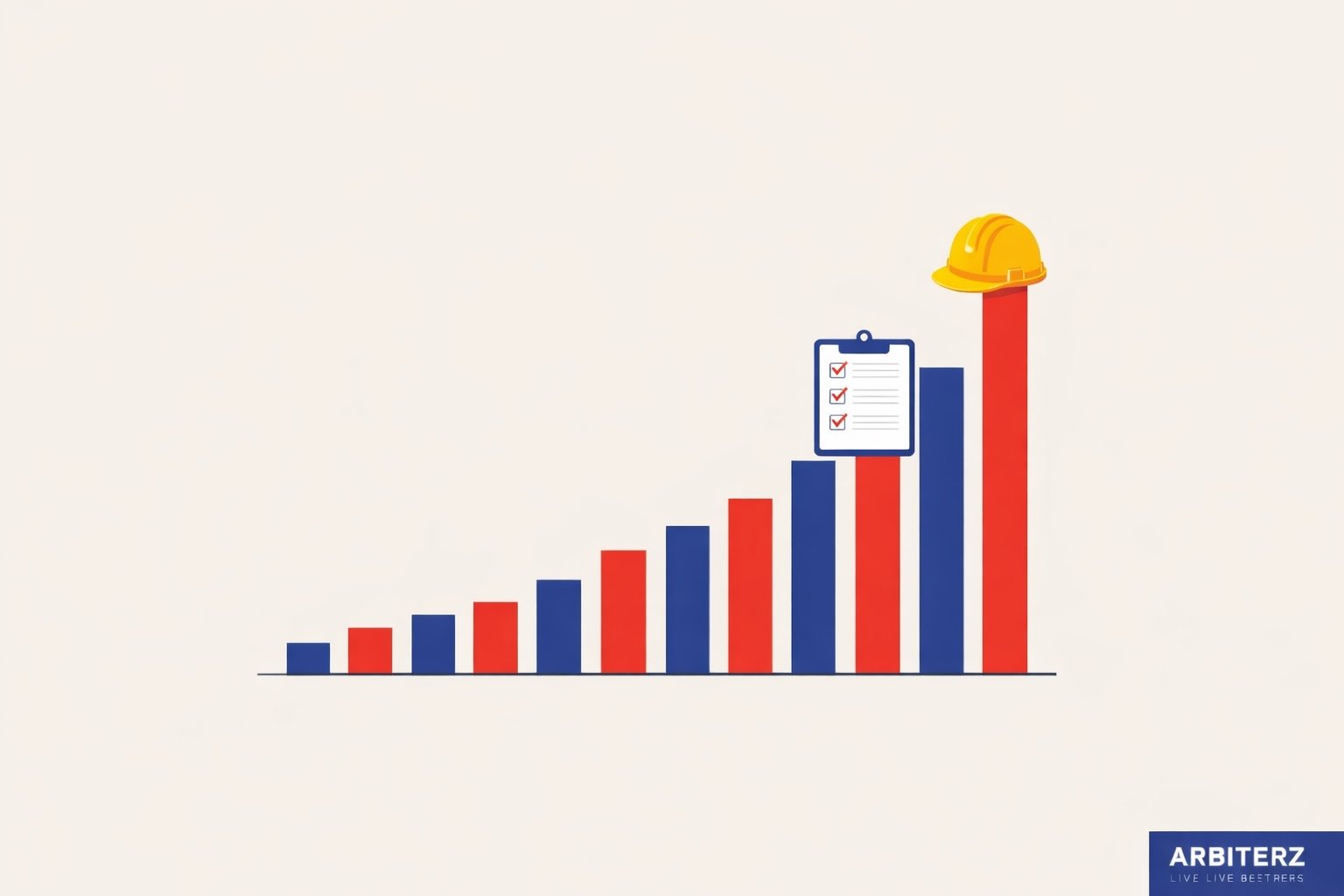Key Points
- The total number of active voice subscribers in Q1 2024 was 219,304,281, down from 226,161,713 in Q1 2023, a decrease of 3.03%.
- On a quarter-on-quarter basis, active voice subscribers fell by 2.41%.
- Decline attributed to increased internet penetration, rise of OTT messaging apps, and shift to data-centric communication.
- Active Internet subscribers increased to 164,368,292 in Q1 2024 from 157,551,104 in Q1 2023, showing a 4.33% increase.
The telecom industry in Nigeria is undergoing a period of transformation, marked by shifting consumer preferences and the increasing importance of data services.
The latest report from the National Bureau of Statistics (NBS), which compiles data from the Nigerian Communications Commission (NCC), reveals a nuanced picture of the telecom sector’s performance in the first quarter of 2024.
The report highlights a decline in active voice subscriptions alongside growth in Internet subscriptions, reflecting the evolving dynamics of the industry.
Decline in Active Voice Subscriptions
The total number of active voice subscribers in Q1 2024 was 219,304,281, down from 226,161,713 in Q1 2023. This represents a year-on-year decline of 3.03 per cent. On a quarter-on-quarter basis, the number of active voice subscribers fell by 2.41 per cent, underscoring a consistent downward trend.
This decline can be attributed to several factors, including the growing penetration of Internet services, the rise of over-the-top (OTT) messaging applications like WhatsApp and Telegram, and a broader shift in consumer behaviour towards data-centric communication.
Voice communication, once the primary mode of interaction, is increasingly being replaced by internet-based services. This transition is driven by the enhanced capabilities and convenience offered by digital platforms, which enable users to communicate through text, voice, and video over the Internet.
As a result, traditional voice calls are becoming less prevalent, leading to a decrease in active voice subscriptions.
Growth in Internet Subscriptions
In contrast to the decline in voice subscriptions, the number of active Internet subscribers showed significant growth.
In Q1 2024, the total number of active Internet subscribers stood at 164,368,292, up from 157,551,104 in Q1 2023. This represents a year-on-year increase of 4.33 per cent. On a quarter-on-quarter basis, internet subscriptions grew by 0.32 per cent. This growth highlights the increasing importance of internet connectivity in Nigeria’s socio-economic landscape.
The surge in Internet subscriptions is driven by several factors, including the proliferation of smartphones, improved network infrastructure, and the growing demand for digital services.
The Internet has become an essential tool for various aspects of daily life, including education, commerce, communication, and entertainment. As more Nigerians come online, the demand for reliable and high-speed internet connectivity continues to rise, driving growth in internet subscriptions.
State Profile Analysis
The report provides a detailed breakdown of active voice and Internet subscriptions across Nigeria’s states, highlighting significant regional disparities.
Lagos State continues to dominate the telecom landscape, recording the highest number of active voice subscribers in Q1 2024 with 25,956,074. Ogun and Kano followed with 12,672,990 and 11,931,128 active voice subscribers, respectively.
On the other end of the spectrum, Bayelsa recorded the least number of active voice subscribers at 1,608,473, followed by Ebonyi with 1,885,657 and Ekiti with 1,969,568.
Also read: Nigeria’s Mobile Internet Speed Ranks 89th In The World In January 2023
A similar pattern is observed in the distribution of Internet subscriptions. Lagos State led with 18,841,943 active Internet subscribers, followed by Ogun with 9,528,795 and Kano with 9,067,983. Bayelsa, Ebonyi, and Ekiti recorded the lowest numbers, with 1,201,601, 1,401,626, and 1,545,729, respectively.
These disparities underscore the uneven development of telecom infrastructure across Nigeria, with urban centres like Lagos benefiting from better connectivity and higher subscriber numbers.
Market Share of Telecom Operators
MTN emerged as the operator with the highest share of subscriptions in Q1 2024, continuing its dominance in the market. MTN’s strong market presence can be attributed to its extensive network coverage, competitive pricing, and innovative service offerings. The company’s ability to adapt to changing market dynamics and consumer preferences has solidified its position as a market leader.
Other operators like GLO, Airtel, and 9Mobile also play significant roles in the market, each employing different strategies to capture and retain customers.
GLO, known for its aggressive marketing and affordable data plans, has carved out a niche for itself, particularly among price-sensitive consumers. Airtel, with its focus on quality service and customer experience, continues to attract a loyal customer base. 9Mobile, despite its smaller market share, remains a key player, particularly in niche segments.
Porting Activities and Tariff Information
The report also delves into porting activities and tariff information, providing insights into subscriber mobility between different network providers. Porting activities are a crucial metric for understanding customer preferences and competitive dynamics in the industry.
High porting rates may indicate dissatisfaction with current service providers or the attractiveness of competitor offerings. The ability of telecom operators to retain customers and minimise churn is critical for maintaining market share and profitability.
Challenges and Opportunities
The telecom industry in Nigeria faces several challenges, including regulatory pressures, infrastructure deficits, and intense competition. Regulatory changes, such as the implementation of the National Identification Number (NIN) registration, have impacted subscriber growth and operational dynamics. Infrastructure deficits, particularly in rural areas, hinder the expansion of telecom services, limiting connectivity for millions of Nigerians.
However, these challenges also present opportunities for innovation and growth. Telecom operators can leverage advancements in technology to improve service delivery, expand network coverage, and introduce new products and services. The increasing demand for data services offers a lucrative opportunity for operators to diversify their revenue streams and enhance profitability.
The telecom industry in Nigeria is undergoing significant changes, reflecting broader global trends in digital transformation. While the decline in active voice subscriptions indicates changing user behaviour, the growth in internet subscriptions underscores the rising demand for data services.
As the industry evolves, telecom operators must adapt to these trends, innovate, and invest in infrastructure to maintain their market positions and meet the changing needs of their customers. The future of the telecom industry in Nigeria hinges on its ability to navigate these challenges and capitalise on emerging opportunities in the digital age.
This comprehensive analysis of the telecom industry’s performance in Q1 2024 provides valuable insights into the evolving landscape and highlights the critical areas where operators must focus to succeed in a competitive market.


























